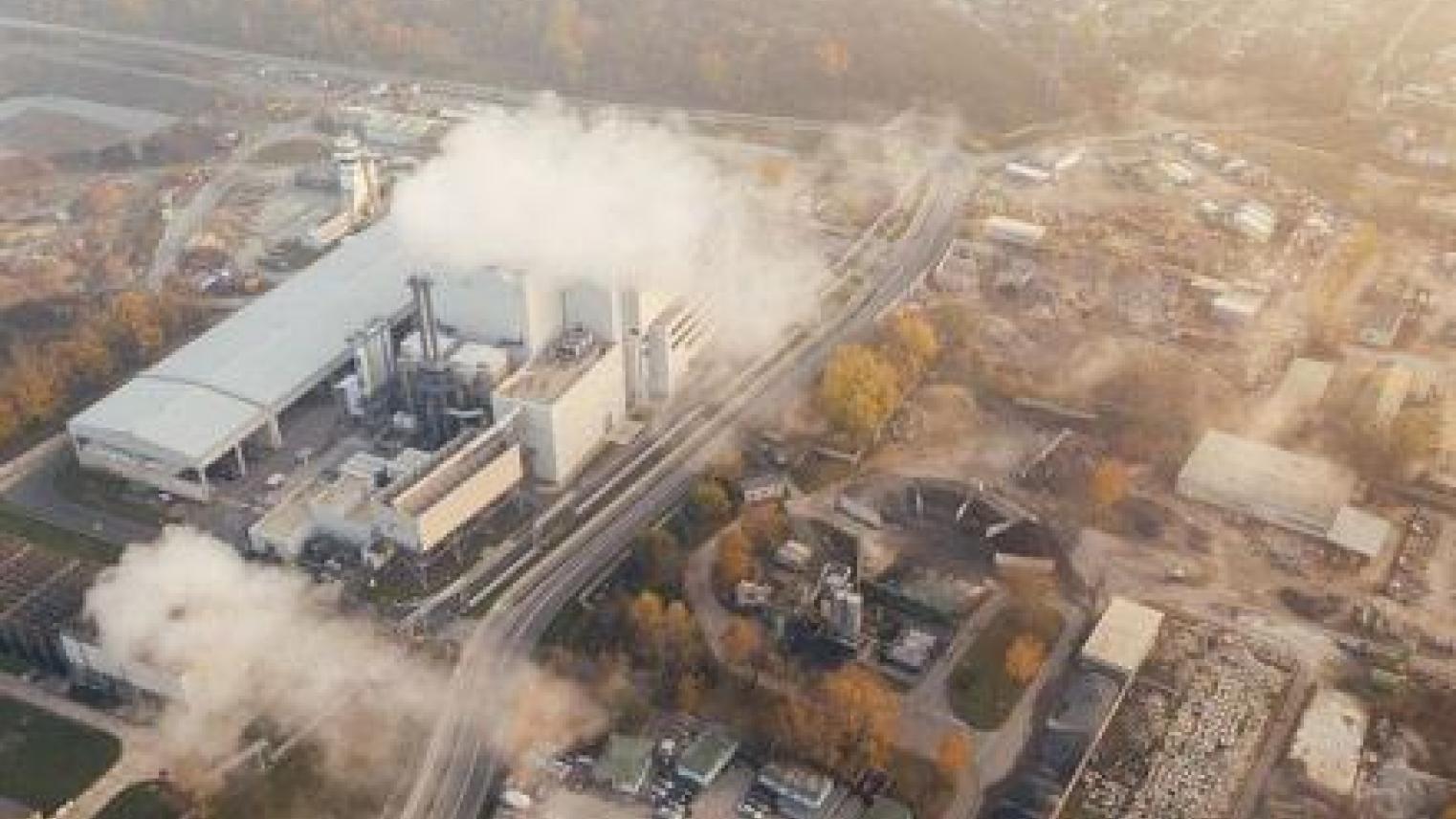The Climate Finance Initiative and capacity building in Fiji

Climate change presents a profound threat to our region, one most felt by our Pacific Island neighbours, manifesting in rising seas, extreme weather events, widespread loss, damage, and displacement. How can RegNet scholars support Pacific governors, regulators and policymakers in steering their communities towards meaningfully mitigating and adapting to this escalating crisis?
Through my research position on Neil Gunningham’s project on climate finance in the Asia Pacific region (funded by DFAT), I was primarily working in the Island nation of Fiji. This was my first time working in Fiji and indeed in a Pacific Island Nation. Cumulatively, I spent around six months in Fiji for fieldwork, based at the University of the South Pacific. Spending this extended period of time in country was extremely valuable to me; it allowed me to go beyond the surface of Fiji’s governance and regulatory structures, and to see the complexities of and barriers in Fiji to financing sustainable development. Most importantly, it allowed me to build meaningful and respectful relationships with local stakeholders including regulators and governors.
Our project included the delivery of capacity building activities for public sector actors in Fiji. From our research we had identified limited public sector capacity as a key barrier to climate finance in Fiji. We theorised that working on breaking down this barrier would likely have flow on effects in lowering other barriers, such as the current lack of supportive regulation. As one example, if public sector capacity was increased to be able to effectively review existing and design new policy incentives it is likely that the implementation of policy frameworks supporting renewable energy would also grow. Furthermore, if the public sector had resources to review private sector proposals, it would increase the chances of private sector participation in the energy sector. Working towards building up the capacity of Fiji’s bureaucracy required us to be cognisant of particular challenges, including donor fatigue.
From early on in my time in Fiji, it was clear that the bureaucrats were struggling with the demands of donors, or ‘donor fatigue.’ Local stakeholders generally, and public sector actors specifically, spent much of their time in meetings with donors, and in various capacity building interventions, and this too drew down on public capacity. The frustration at this status quo was readily perceptible.
What was causing the donor fatigue?
My research showed that the fatigue was derived in part from the way that capacity building, training and workshops were delivered. For one, participants felt that the style of training, for example, the language used in training was incongruous in their context. They noted the extensive use of buzzwords, which conveyed almost a lack of meaning to participants. There was also a feeling that the intervention did not really have a practical application or lead anywhere, but rather that the priorities of the ‘donor’ superseded that of the group participating in the training.
Training at the Department of Energy, Fiji
In running training for the Fiji Department of Energy, I tried to internalise these learnings. This department has been designated as the chief policy making body for energy and has a special purview over rural electrification. When I had my first consultation with the department about potential training, I asked what type of policy-making skills they felt they needed in their roles. I then built training modules with the department’s requests in mind. The training explored: various policy incentives for renewable energy uptake including net metering and feed in tariffs; barriers to private sector participation in the energy market; critical reviews of existent policy; policy development; and reviewing external reports and policy recommendations (inter alia).
The training day itself was one of the most rewarding of my time in Fiji. The participants showed no sign of fatigue, and even requested to skip morning tea so we could press on with our sessions. There was such engagement and enthusiasm for a greater understanding of regulation, the core of operations at RegNet. The whole experience taught me that listening deeply and carefully is a foundational precondition of capacity building and training. The Department has requested further training, and I am looking forward to delivering further modules early next year.
Image by marcinjozwiak from Pixabay under Pixabay License